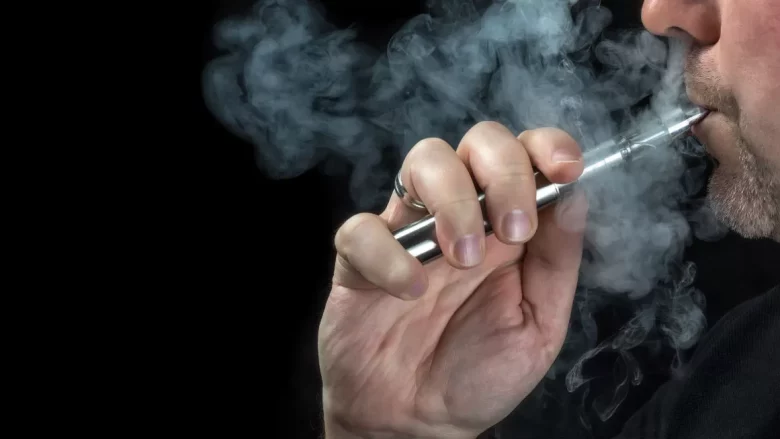The World Journal of Oncology has retracted a study it published in February 2022 for being biased. After the paper that found vaping effections that vaping caused the same cancer risk as cigarette smoking was published, many scientists began to question many things about the paper. Many pointed out errors in the study’s methodology, data analysis and even the data source. When the World Journal of Oncology put these questions to the authors of the study, they failed to get satisfactory evidence and explanations. As a result, the Editor-in-Chief of the journal had no other justification to keep the papers published.
This is not the first time a scientific study has been retracted by a journal for being biased against vaping. The Journal of the American Heart Association, in 2020 was the first major scientific journal to retract a scientific paper that had linked using vaping products to heart attacks. This particular study failed to answer some basic questions. For example, the study did not say whether the diagnosis was done before participants began vaping or after. This is the minimum requirement for any study to infer causation.
The World Journal of Oncology paper was authored by 13 leading researchers from Mount Sinai’s Icahn School of Medicine. the Mayo Clinic, the Temple University Hospital and the University of Missouri. It was thus considered by many as a breakthrough study helping aid the fight against vaping. However, it was soon discovered that the study had many apparent problems. The study had several writing errors and inconsistencies that made many scientists question its publication. It also failed at providing reasoned conclusions that some scientists began to question if the journal editors took time to consider the strengths and weaknesses of the paper before it was published.
Many scientists now say that the publication of the paper and several others that have been retracted in the past two years shows a biased peer review process against vapes. This is particularly because the papers that have been retracted were all linking vaping to serious health problems and were published despite having serious weaknesses. One such scientist is the University of Louisville’s professor of medicine, Brad Rodu, who in an email said that the fact that such flawed studies on vaping are published raised an important question for everyone in the scientific world: how do they pass peer review?
In the retracted paper, the co-authors used the National Health and Nutrition Examination Survey data. They took a sample of 154,856 respondents who had taken part in the survey between 2015 and 2018. After analysis of the data, the study went ahead to link vaping to e-cigarette use even though it did not include information as to when participants began to use vaping products. The data had shown that most participants who had been diagnosed with cancer said that they used vaping products to help them quit smoking. This suggested that they began vaping after they were diagnosed with cancer and this is why they were using vaping products to quit.





